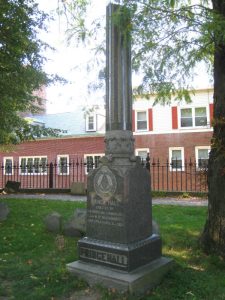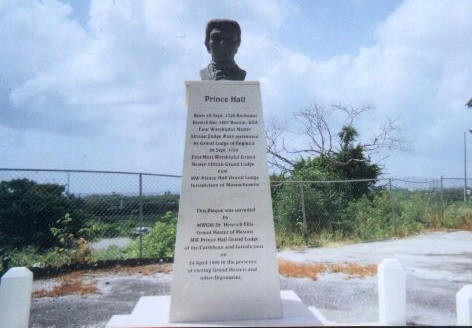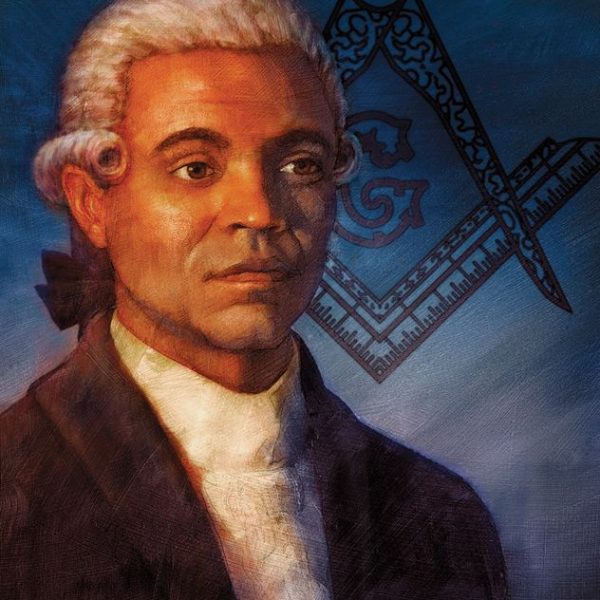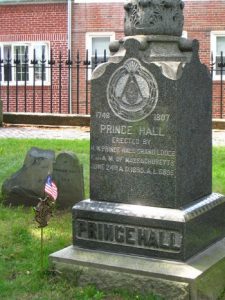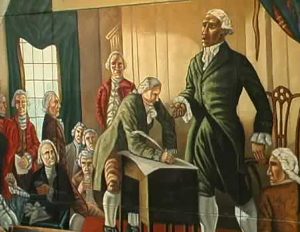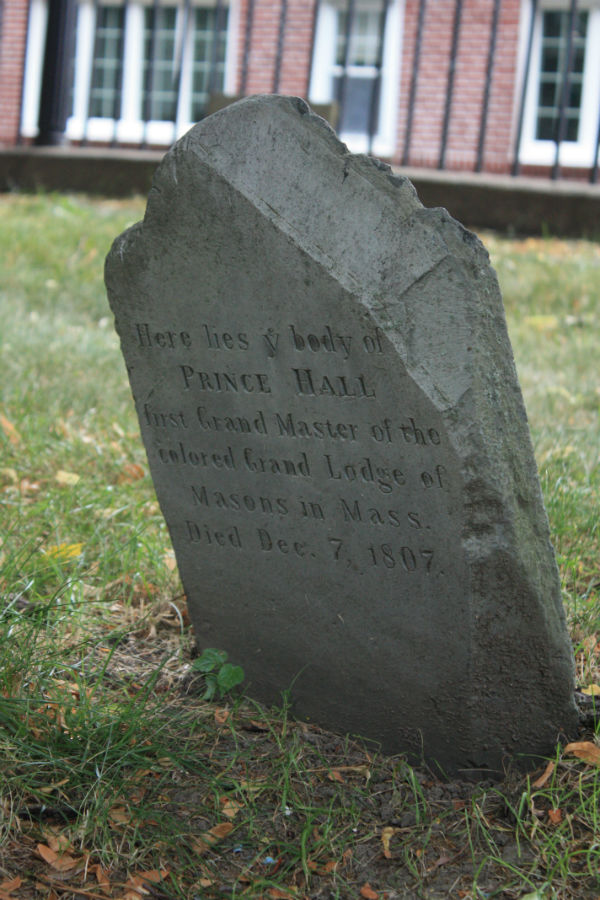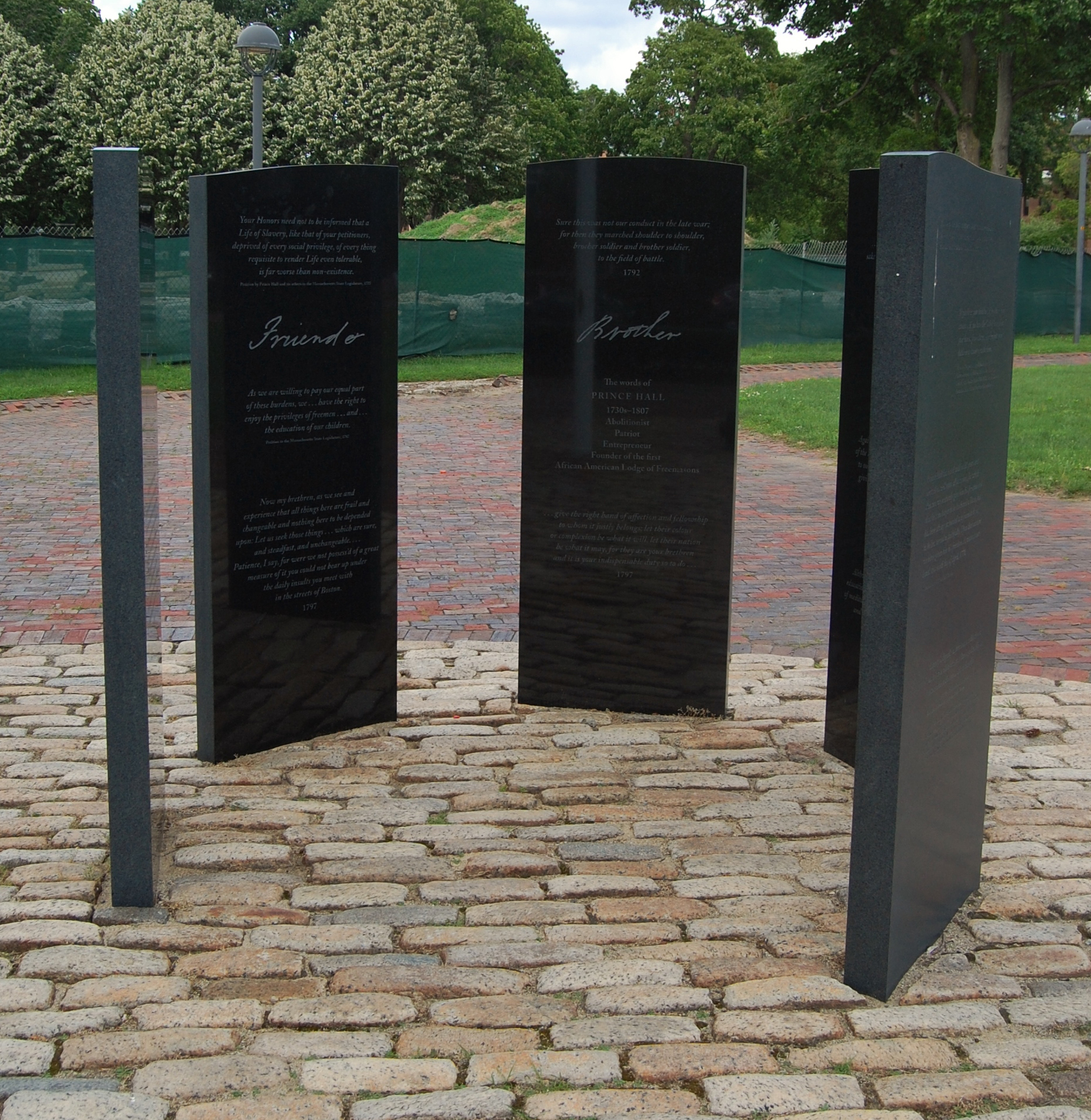A quote from one of Prince Hall’s Charges to African Lodge will give you an idea of the conditions he was trying to improve:
Patients, I say, because if we were not possessed of a great measure of it you could not bear up under the daily insults you meet within the streets of Boston; much more on public days of recreation, how you are shamefully abused and at such a degree that you may truly be said to carry your lives in your hands, and the arrows of death are flying about your heads; helpless old women have their clothes torn off their backs, even to exposing their nakedness.
Prince Hall was acting in the same way and manner as other Masonic leaders.
This legacy of Prince Hall has been brought forward, down through the ages, even today, in our so-called modern society.
Let us be reminded that it was Black Masons who led the Americans of Color to their greatest triumphs and advancements in this country. It was the Black Masons who originated and supported the NAACP Legal Defense Fund as they fought and succeeded in their struggle to break down the walls of segregation in education, resulting in the Brown vs. Board of Education Supreme Court decision, and it was a Prince Hall Mason, Thurgood Marshall, who led that fight. It was, and is, the way we are to act as Masons, standing up for our fellow men. Masons were the first Blacks to hold political office and in many instances, were the clergy, educators. scientists, doctors, lawyers and labor leaders. It is the way we are, and will continue to be, as our first Grand Master, Prince Hall, taught us.
The next thing we hear of Prince Hall is when, one month after the Boston Massacre, he was given his manumission paper by William Hall. It stated that “Prince Hall has lived with us for 21 years and served us well upon all occasions.” The paper is very revealing as it states that Prince Hall “is no longer to be reckoned a slave, but has been always accounted as a freeman by us.” From this statement by William Hall, it is clear that to him Prince Hall was a servant, not a slave. The statement “no longer to be reckoned a slave,” was for the edification of others, not William Hall.
If he was, in fact, “accounted a freeman,” why then was he given a manumission paper?
At that time in Boston, Black men were not allowed free access to the streets, etc., unless they could prove they were free. The penalty was flogging, imprisonment, or both. Prince Hall had no such proof until the manumission paper was issued. This gave him the freedom he desired and needed. The paper was dated April 9, 1770.
At this time in our history, Blacks, in general, were often treated brutally by the citizens of Boston. They had no leader to speak in their behalf. We believe that Prince Hall was “called” to be that leader.
After his manumission, he became a leather dresser, and had a business near the old Massachusetts statehouse. It was there that he met many of the outstanding citizens of Boston and elsewhere, and it was there that he found that many of these were Masons.
We learned from bills of sale, now held by the Massachusetts Historical Society, and other records we have found, that among them were John Hancock, Joseph Warren, Jeremy Belknap and William Bentley.
It might seem that Prince Hall was engaging in political and community activities that had no Masonic relevance. However, taken in the context of that time, we can see that his actions were akin to other Masonic leaders.
Does anyone argue with the involvement of Benjamin Franklin, Paul Revere or George Washington in the politics of the day? Does anyone argue with St. John”s Lodge of Boston for their involvement in the Boston Tea Party (even though it was during the time of refreshment at their regular lodge meeting)?
Prince Hall was acting in the same way and manner as other Masonic leaders.
This legacy of Prince Hall has been brought forward, down through the ages, even today, in our so-called modern society.
Let us be reminded that it was Black Masons who led the Americans of Color to their greatest triumphs and advancements in this country. It was the Black Masons who originated and supported the NAACP Legal Defense Fund as they fought and succeeded in their struggle to break down the walls of segregation in education, resulting in the Brown vs. Board of Education Supreme Court decision, and it was a Prince Hall Mason, Thurgood Marshall, who led that fight. It was, and is, the way we are to act as Masons, standing up for our fellow men. Masons were the first Blacks to hold political office and in many instances, were the clergy, educators. scientists, doctors, lawyers and labor leaders. It is the way we are, and will continue to be, as our first Grand Master, Prince Hall, taught us.

